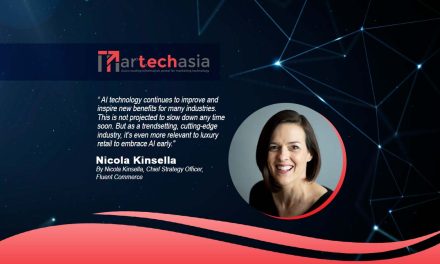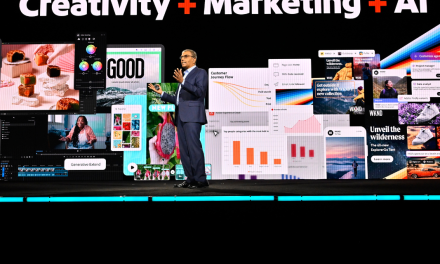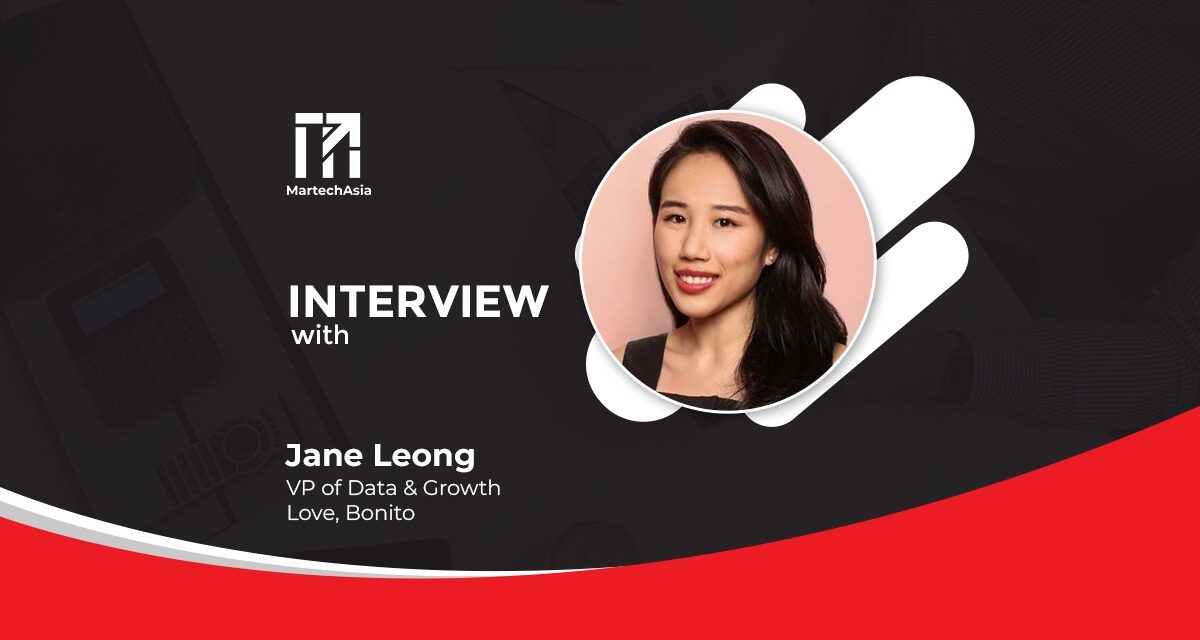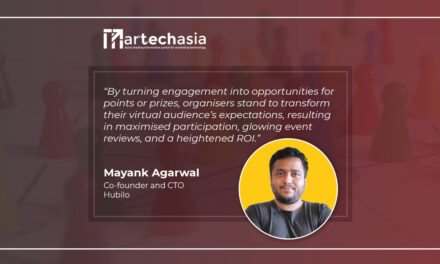Learn how to develop actionable product intelligence in fashion from Jane Leong of Love, Bonito in this MartechAsia interview.
Now more than ever, women have become more empowered. They have penetrated complex and technical industries, such as technology. One of the marketing technologies where women excel today is product intelligence.
What Is Product Intelligence?
Product intelligence has been a part of marketing technology since the discovery of automation, which is a different concept from artificial intelligence (AI). This technology gathers, analyses, and acts on data, describing how customers use products.
Implementing product intelligence is essential in developing the next improved product version for impactful customer satisfaction. Product designers ensure further enhancements in manufacturing quality by automating data collection and conversion into intelligence.
But product intelligence doesn’t only apply in the manufacturing industry. Product intelligence has become more actionable and streamlined to suit different industries and business aspects, such as marketing.
Benefits of Product Intelligence
Actionable product intelligence data is critical in lead generation, lead nurturing, and creating customer engagement strategies. Harnessing relevant customer data through this technology helps address the gaps and challenges marketers face when developing marketing campaigns.
Companies can extract valuable insights through product intelligence that bring significant business impacts. Determining the best product features and services that attract more customers helps optimize marketing and sales to yield the highest revenue.
Customer surveys go together with product intelligence. It’s a direct method of obtaining data from customers based on their brand experiences. They serve as social proof marketers can use as a powerful basis for engagement and marketing campaign development.
As mentioned earlier, product intelligence applies to many business niches and industries. But how is product intelligence used in the retail fashion industry?
Learn how to develop actionable product intelligence in fashion from Jane Leong, VP of Data & Growth at Love, Bonito, in this MartechAsia interview.
What is first-party data and its importance in customer surveys and product intelligence for Love, Bonito?
First-party data is the information we directly collect from our customers, such as from interactions on our platforms or survey feedback, playing a vital role in helping us understand our customers and how to serve them better.
We rely heavily on first-party data because it is high signal (comes directly from our customers), is generally more accurate (collected directly), and often provides more insights given the ability to extrapolate a 360 view, for instance, connecting survey data to customer transactions and browsing behaviour.
Customer surveys are one form of first-party data we leverage to better understand our customers and their needs. It’s used to inform all parts of our business, from assortment development to marketing strategy. Most recently, we’ve also incorporated direct customer feedback in our recommendation engine to provide personalised contextual styling tips and style recommendations.
What are some benefits Love, Bonito has gained from collecting information through customer surveys?
Customer surveys are effective because it gives us direct contextual feedback. It’s especially powerful when leveraged in combination with other forms of data. For instance, one of the use cases for survey data at Love, Bonito is to validate hypotheses gained from focus groups and behavioural data.
How does Love, Bonito collect customer information, and how is this useful for the company’s growth?
Customer data is a privilege to have, and we don’t take it for granted. While we collect customer data from multiple channels and touchpoints such as 1-on-1 styling sessions, workshops, and transactions, it is important to keep it anonymized and aggregated whenever possible. The purpose of customer data collection is to bring value to our customers by offering better and more personalised experiences.
Data is knit into all areas of our business. Customer data helps us better understand customer needs and identify changing behaviour so that we can craft the right strategy. It also gives us the “fuel” to build data-enabled tools and automation to meet new customer expectations; for instance, to reach out to the right customers at the right time with the right products and be able to pre-empt their needs.
How does LBStylist work?
LBStylist is Love, Bonito’s first-ever virtual recommendation tool, which delivers personalisation at scale for our community. Through data science and machine-learning models, customers can discover their style persona through a simple 10-step survey based on their individual preferences, body shapes, and skin undertones. Customers can then choose to receive style recommendations suited to their current style, with an added twist or a complete makeover.
With LBStylist, we aim to provide a better shopping experience with product recommendations tailored to every customer’s personal styling needs. We hope that LBStylist will provide a unique and fun clienteling solution to delight customers at scale.
How does the predictive capability of LBStylist impact business marketing?
LBStylist is powered by our proprietary styling algorithms and combines behaviour data with individual style preferences via a thoughtfully crafted survey and insights from human stylists. It complements the current size guides we have and empowers women with personalised styling insights before making a purchase online or in-store.
Love, Bonito’s people-first data-driven approach guides the team in developing more relevant sales plans by forecasting consumer demands for smarter product decisions – including a more personalised experience across Love, Bonito’s omnichannel touchpoints, and ensuring minimal waste from the beginning of a production cycle.
To provide a smoother customer journey, new initiatives of LBStylist in the pipeline include building out new capabilities for improved style recommendations and exploring integrations of new touch points, including the brand’s existing personalised shopping service Book-A-Stylist.



















